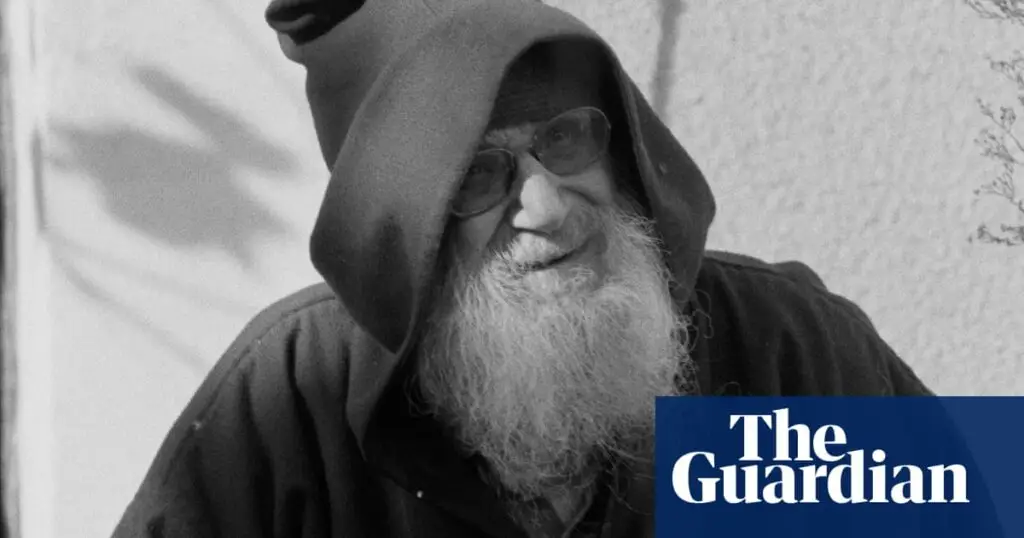In a secluded hamlet in the French Pyrenean foothills, an 86-year-old man made a perplexing request to his neighbour: he asked for a revolver to end his life. This man was Alexander Grothendieck, a mathematician whose earlier work had revolutionised his field, yet his later years were spent in isolation and apparent madness. His life story raises questions about the thin line between genius and madness, and the potential hidden in his extensive, enigmatic writings.
Grothendieck, born in 1928, arrived in France as a refugee from Germany in 1939. He later revolutionised postwar mathematics, seeking a universal language to unify various mathematical disciplines. His peers were awed by the new concepts and tools he introduced in the 1950s and 60s.
However, in 1970, Grothendieck abruptly left his high-level mathematics career, resigning from France’s elite Institut des Hautes Études Scientifiques (IHES) in protest of its funding from the ministry of defence. He then occupied minor teaching posts until 1991, after which he disappeared from the public eye.
Grothendieck’s capacity for abstract thought was legendary. He compared grasping mathematical truths to using different methods to crack a walnut: one could use a hammer, or soak it in water until it opens naturally. His unconventional approach was more about the process of proving results than the results themselves.
Living in near-complete solitude in Lasserre, he had no television, radio, phone, or internet. He believed wood was conscious and referred to his plants as true friends. These peculiar beliefs and his isolation led to wild preoccupations, such as the idea that entities in his house might harm him.
Despite his efforts to erase his renown, Grothendieck’s influence persisted. His extensive memoir, ‘Harvests and Sowings,’ and the growing interest in his concepts, particularly in areas like artificial intelligence, highlight his enduring impact. Chinese telecoms giant Huawei is exploring Grothendieckian concepts to develop next-generation AI, although Grothendieck’s motivations were far from worldly.
Grothendieck’s final writings, spanning 70,000 pages, pose a significant challenge. Scholars and his family are still discerning their worth, questioning whether they are the ramblings of madness or profound insights into the universe’s architecture.
His son, Matthieu, struggles with the legacy of his father’s home in Lasserre. The house, filled with remnants of Grothendieck’s studies and experiments, represents a history larger than Matthieu feels capable of managing. Grothendieck’s life was marked by trauma, including the separation from his parents during the war, which Matthieu believes contributed to both his genius and madness.
Grothendieck’s late years were dominated by mysticism and a fixation on the problem of evil. His writings from this period are dense with mathematical, philosophical, and metaphysical musings. Some scholars see potential marvels in these manuscripts, while others question their value due to his isolation from the mathematical community.
In his isolation, Grothendieck announced prophetic visions and even undertook a 45-day fast, which left him physically and mentally diminished. His final days were spent alone in a hospital, and his complex relationship with his children reflects the emotional distance he maintained.
Grothendieck’s writings, particularly his late work, continue to intrigue and puzzle scholars. His integration of mathematics with metaphysical inquiries stands as a testament to his unique mind, challenging future generations to decipher and understand the breadth of his thoughts.
Alexander Grothendieck’s life and work remain a complex tapestry of brilliance and madness. His contributions to mathematics are undisputed, yet his later years of isolation and mysticism leave many questions unanswered. As scholars and institutions delve deeper into his extensive writings, the potential for uncovering new insights remains, promising to shed light on the enigmatic legacy of this hermit mathematician.

